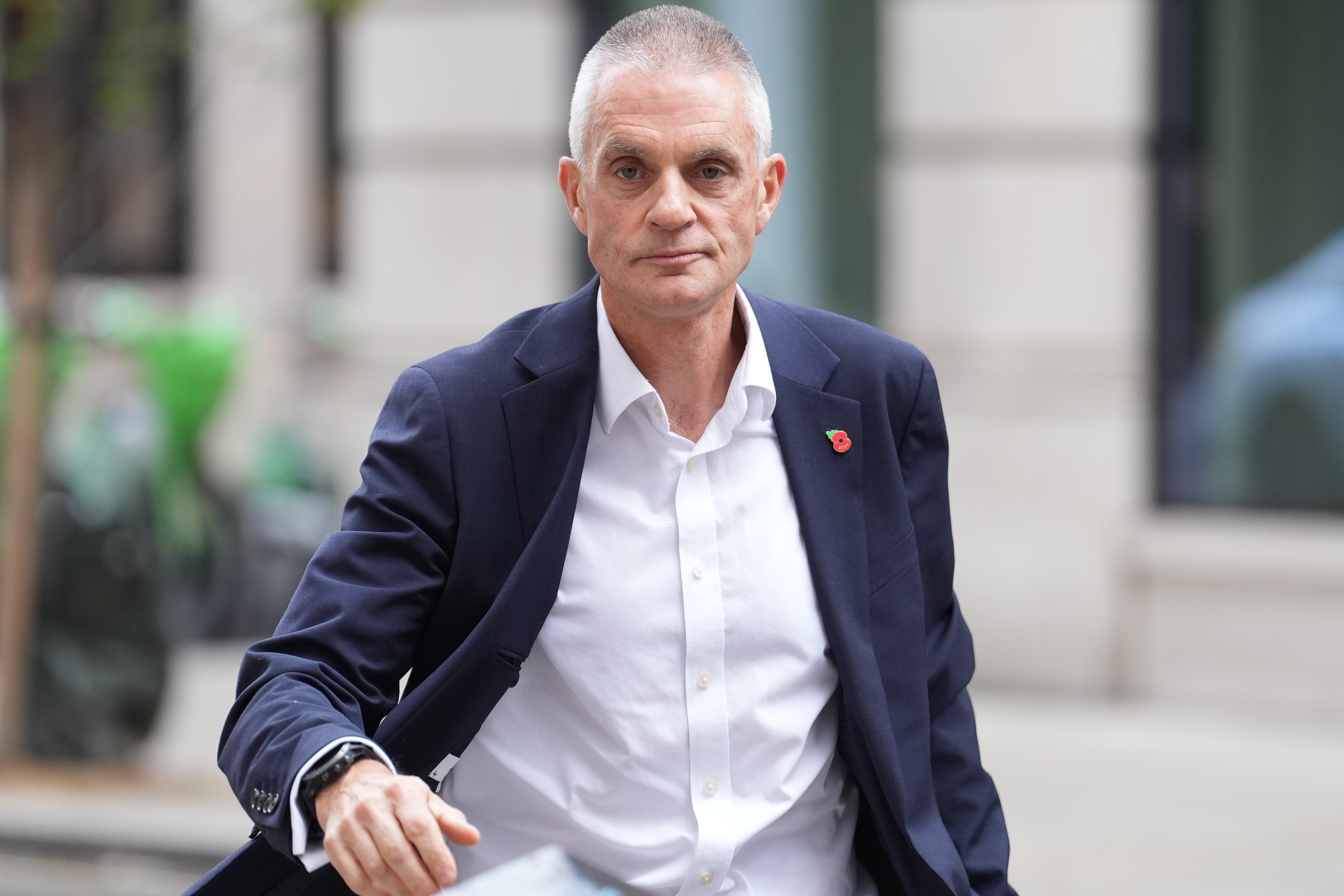What would you do if you were in charge of the BBC? It’s a question everyone asks themselves at some point in their lives. Well, now may be your chance to take control of the world’s oldest and largest global broadcaster, as the institution looks to fill the biggest shoes in the business with the departure of Tim Davie as director general.
It is a role offering “excellent career and professional development”, according to an ad for the industry’s top job, which has gone live with a deadline of New Year’s Eve for applications.
The position rolls together being the corporation’s chief executive officer and editor-in-chief, and has recently been described by no less a figure than the BBC’s chair, Samir Shah, as “too big a job for one person”.
But for those who have capabilities beyond the usual human constraints, the job “offers an unmatched opportunity to lead a creative organisation with a remit and a role that is critical in the cultural and political life of the country”, as the advert puts it.
First established in 1922 and funded primarily by the licence fee, the BBC now provides an immense array of programming across more than 60 regional, national and international radio stations and over nine UK TV channels, as well as playing a central role in news journalism with a major online presence across its website and iPlayer.

To this day, the BBC’s self-stated mission is to “inform, educate and entertain” – which was set out by the BBC’s founder director general, John Reith in 1922.
Remaining true to this edict yet equipping the broadcaster to deal with an uncertain future is the tightrope the job description invites candidates to walk.
Qualities the BBC wants to see in candidates include: “Demonstrable courage and resilience” – useful when being questioned by a coterie of terminally angry MPs; “Natural curiosity and intellectual agility” – essential when commissioning David Attenborough programmes yet also appeasing politically powerful climate-sceptics; “Exceptional communications skills” – journalism and broadcasting kind of hinge on this; and being a “builder of effective teams” – as Mr Shah suggested, you can’t do this on your own.
If the everyday demands of the job weren’t enough, the opening comes at a time of relentless crises for the BBC following a string of scandals, culminating in the Panorama editing row, which ultimately led to Mr Davie’s downfall.
Meanwhile, the media landscape – mutilated beyond recognition after the arrival of the internet and the advent of online news, social media and an explosion of subscription streaming services – means the BBC’s once impregnable status as a broadcaster is a thing of the past. While it remains a behemoth, its vulnerabilities are clearer than ever.
Serious competition now exists, and with it come legions of formidable opponents and detractors willing to heap opprobrium on the corporation if it appears to put a toe wrong, or if it represents a threat to their own commercial aspirations.
For the director general, the job is tough. Mr Davie himself alluded to the high level of scrutiny and pressure the role required in his resignation speech, saying he had “been reflecting on the very intense personal and professional demands of managing this role over many years in these febrile times”.
This week, a select committee heard from Michael Prescott, the author of a leaked memo on impartiality at the corporation, who said Mr Davie had a “blind spot” when it came to editorial failings at the broadcaster. Despite describing Mr Davie as a “supreme talent”, he said he had failed to get on top of “incipient problems” at the corporation before he resigned in the wake of the memo becoming public.
It goes without saying that the successful candidate can expect to be riding high on the hog – Tim Davie earned a base salary of £541,000 for 2024/2025, but it has been higher, reaching £642,000 in 2019.
For comparison, Sir Keir Starmer, prime minister of the United Kingdom, earns £166,786 a year.
Let’s leave the last word to Mr Davie, who in his outgoing address offered words which his successor may value: “In these increasingly polarised times, the BBC is of unique value and speaks to the very best of us.
“It helps make the UK a special place; overwhelmingly kind, tolerant and curious.
“Like all public organisations, the BBC is not perfect, and we must always be open, transparent and accountable.”
Reith lecturer accuses BBC of censoring his speech by removing line about Trump
PM ‘told off’ by teacher after encouraging pupils to do 6-7 trend during school visit
UK will ‘never falter’ in support for Ukraine, says PM ahead of coalition call
When will it next snow in the UK and will it be a white Christmas?
Major incident declared after fire breaks out at warehouse ‘containing fireworks’







